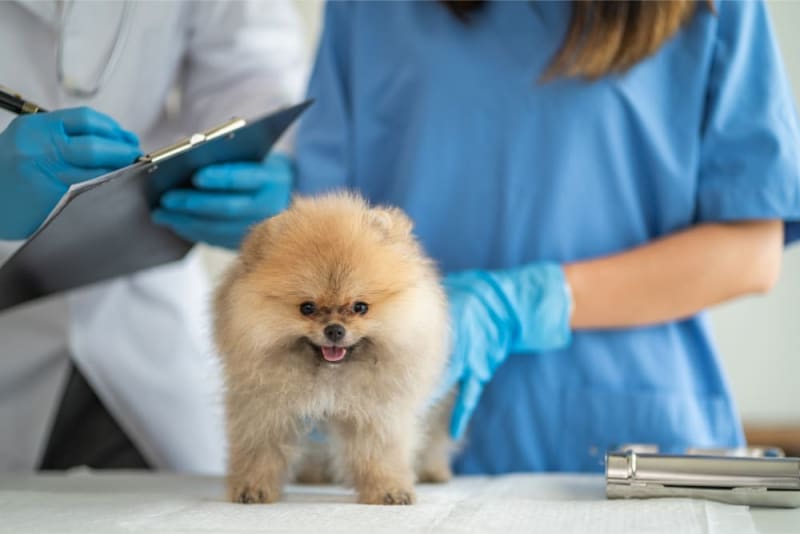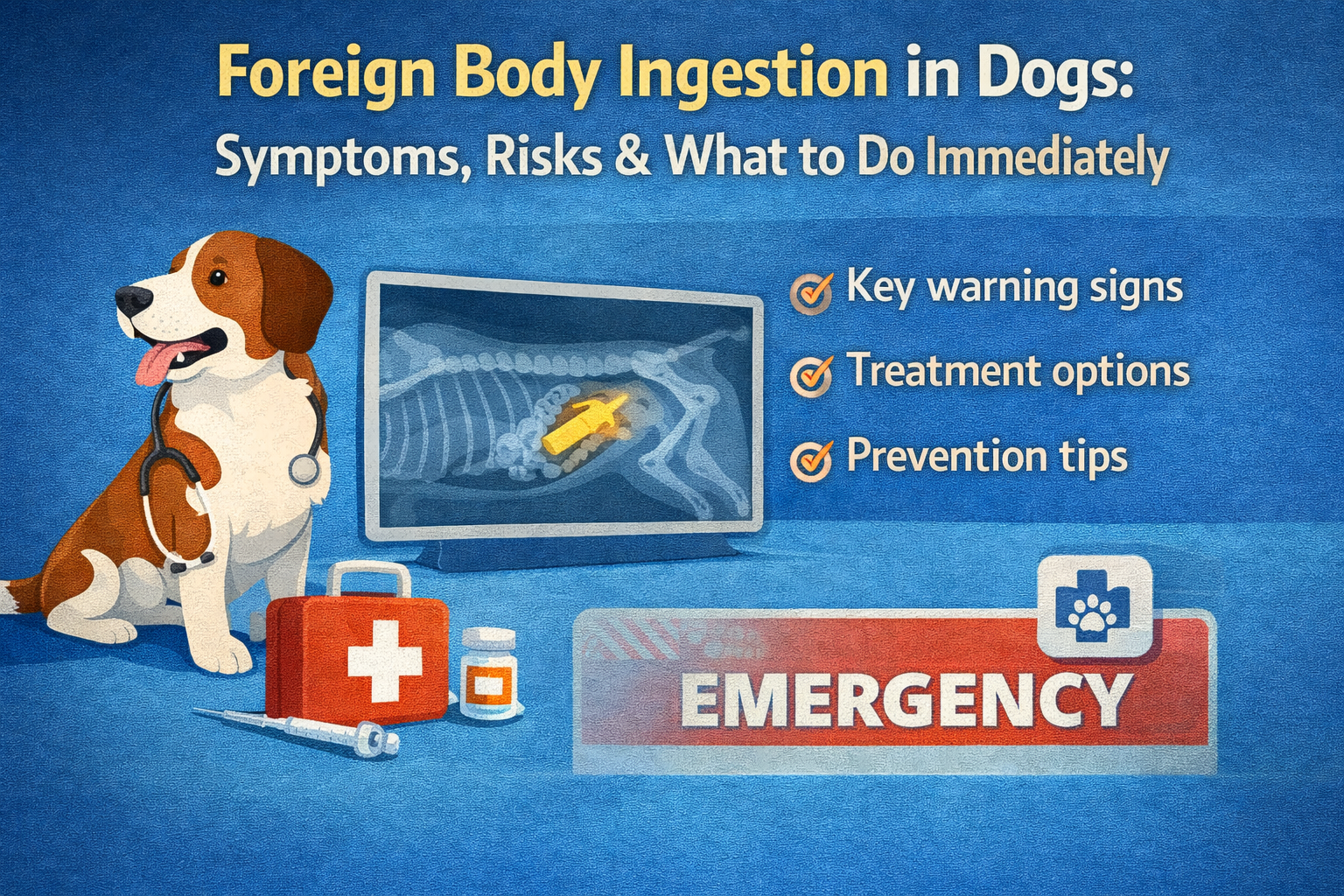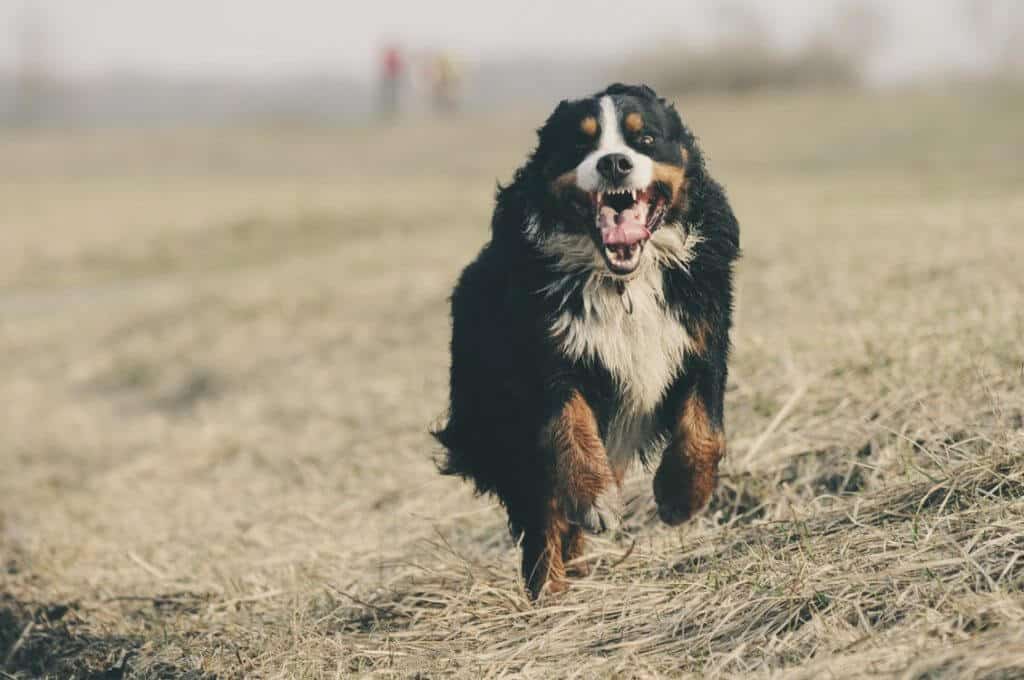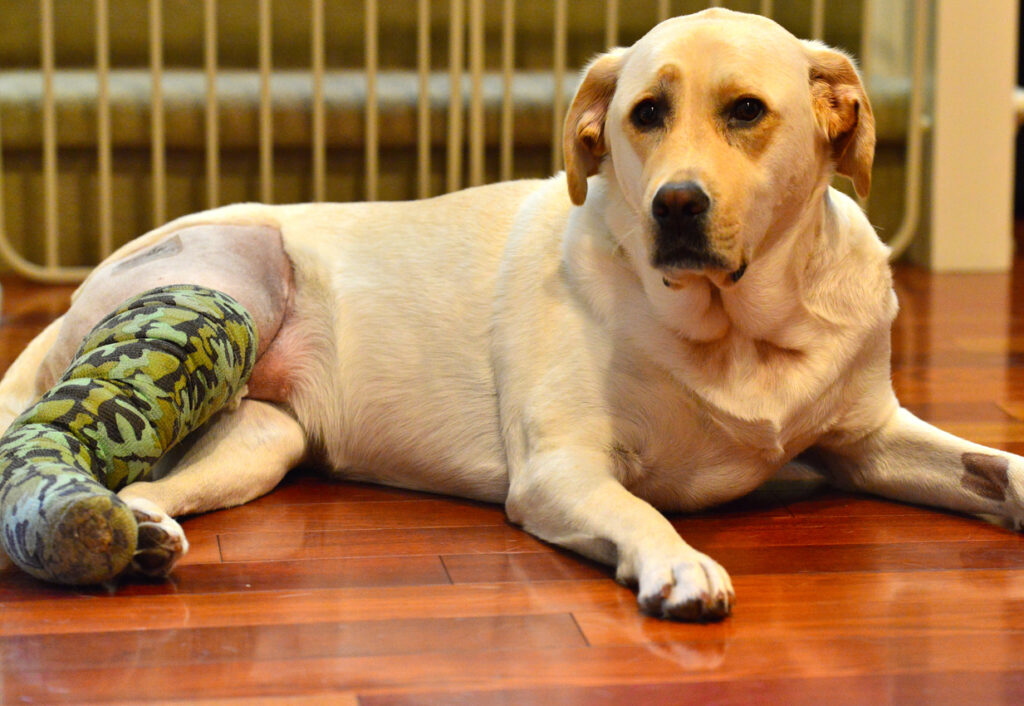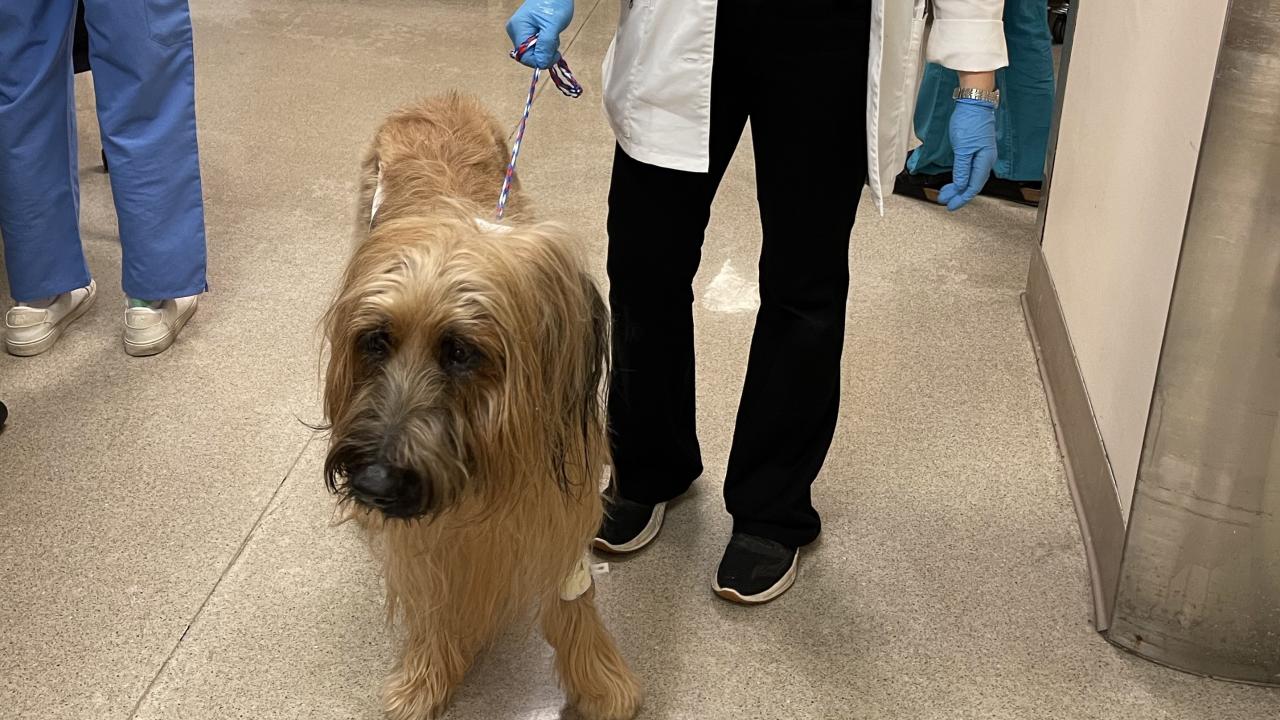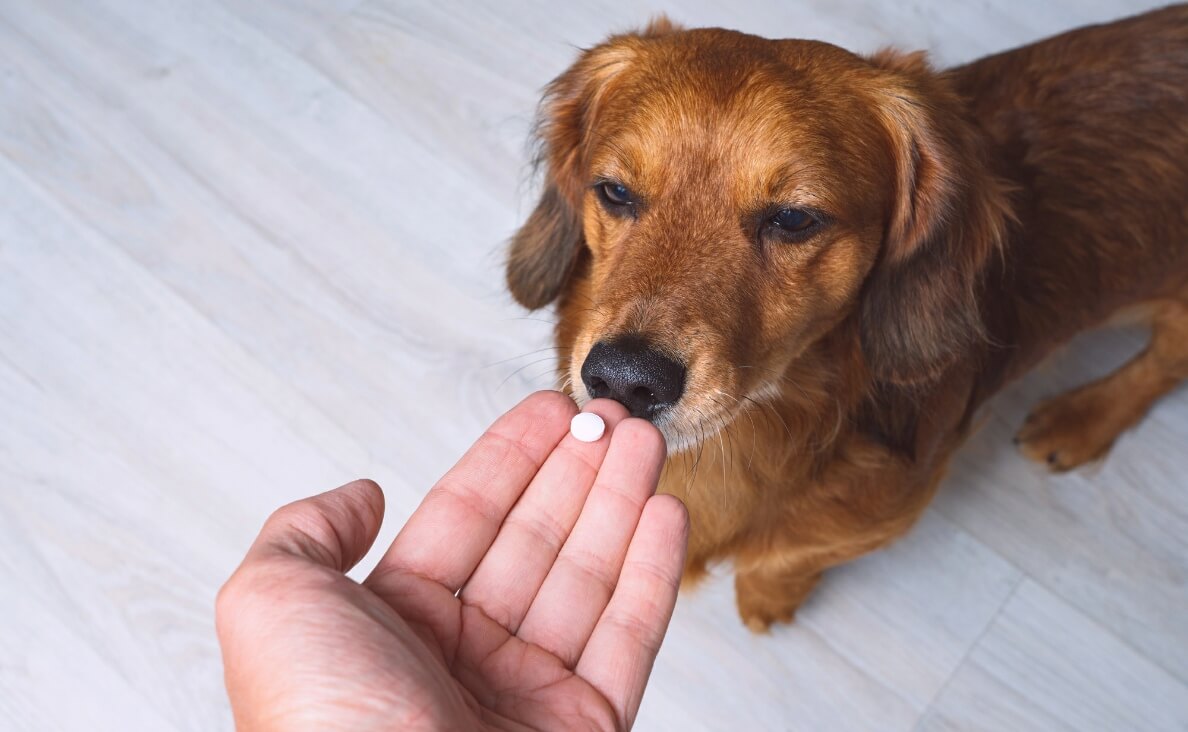As kind and caring dog owners, we occasionally agree to share aspects of life, and even our food, with our dogs. However, not all human foods are safe for canine consumption. The most injurious foods are grapes, raisins, and currants. Even small amounts can lead to a host of serious health issues or even death for dogs. Understanding the dangers, symptoms, and emergency measures surrounding these fruits can help to save your dog’s life.
Why Are Grapes, Raisins, And Currants Toxic To Dogs?
Grapes, Raisins, and Currants are toxic to dogs, but the exact agent that causes the poisoning is unknown. What makes the whole situation a little more troublesome is that the response is not the same for all dogs. Some dogs can eat a small handful of grapes with little consequence, while others can eat a big amount and show no signs at all.
The rapidity of the reaction leads me to conclude that sensitivity is a matter of individual variation. Given the uncertainty of reaction and the undesirable nature of the outcome, any amount should be considered life-threatening.
How Much Is Too Much For Dogs?
The bottom line here is that no amount of grapes or raisins is safe for dogs. Some pets are quite ill after eating as little as one or two grapes or raisins, and that risk is especially present for smaller dogs or puppies. Currants are commonly included in baked goods, trail mixes, and cereals, and perhaps just as toxic and need to be entirely avoided as well. In general, if your dog eats any number of grapes, raisins, or currants, contact your veterinarian immediately.
Grape, Raisin, and Currant Poisoning Symptoms
Signs of toxicity can occur anywhere from 6 to 12 hours after consumption. Symptoms can include –
- Vomiting or diarrhea often contains pieces of raisins or grapes
- Loss of appetite
- Lethargy or weakness
- Abdominal pain or tenderness
- Dehydration may be present, indicated by a dry nose, sunken eyes, or excessive panting
- Increased thirst and urination, followed by decreased or no urination
- Tremors or seizures
The most severe outcome is acute kidney failure, which may develop within 24 to 72 hours and can be fatal if left untreated.
What Should You Do if Your Dog Has Eaten Grapes, Raisins, or Currants?
If you witness or know that your dog has eaten grapes, raisins, or currants, act fast –
- Contact your regular veterinarian or any emergency vet clinic immediately. Do not wait for symptoms to happen.
- Do not induce vomiting without the guidance of a veterinarian. If your dog has recently consumed the fruit, is not showing symptoms, your veterinarian may instruct you to induce vomiting.
- Go to the vet. Veterinary professionals may administer activated charcoal to soak up toxins, start IV fluids, and observe kidney function.
- Follow up properly with post-treatment care. Your dog may require ongoing observation and blood tests for days after exposure.
- Time is of the essence. The sooner treatment starts, the higher the chances of full recovery.
Preventing Grape, Raisin, and Currant Poisoning
The best way to protect your dog is complete prevention –
- Keep grapes, raisins, and currants out of reach. Store them in sealed containers in high cabinets.
- Check the ingredients of all human foods. These fruits are frequently hidden in baked goods, granola bars, cereals, and trail mixes.
- Educate family and guests. Make sure everyone knows not to feed these fruits to your dog.
- Be cautious on walks. Dogs may consume dropped grapes in parks or on sidewalks, so stay attentive.
Hidden Sources of Risk
Various pet owners are unaware that some foods have hidden raisins and currants. For example –
- Oatmeal raisin cookies
- Fruitcakes
- Breads and bagels
- Breakfast cereals and granola
- Trail mixes
- Wine-making waste or compost
Before giving your dog any table scraps or treats, make sure they are 100% free from these toxic ingredients.
Conclusion
Grape, raisin, and currant poisoning in dogs is a severe but fully preventable condition. While the exact toxic mechanism remains a mystery, the effects are clear and devastating. As a dog owner, it is your job to stay vigilant and proactive. If your dog has consumed any of these fruits, do not delay; seek veterinary help quickly. Quick action can mean the difference between recovery and a tragic outcome.
For more professional advice, pet health resources, and support, visit Pet Care Partners. They provide important guidance and tools to help you keep your furry companions safe, happy, and healthy for years to come.
FAQs About Poisoning in Dogs
Can dogs eat seedless grapes or organic raisins?
No. All types of grapes and raisins, seeded, seedless, organic, conventional, red, green, or black, are toxic to dogs. The toxic agent remains unknown and is present in all varieties.
How long after eating grapes will a dog get sick?
Symptoms can start within 6 to 12 hours of consumption, but kidney failure may develop within the next 24 to 72 hours. It is important to seek veterinary care quickly, even if your dog seems fine at first.
Can one grape harm a dog?
Yes. Some dogs have experienced kidney failure after eating just one grape or raisin. There is no way to predict how a particular dog will respond, so any amount should be treated as an emergency.
Is there an antidote for grape poisoning in dogs?
There is no particular antidote. Treatment focuses on decontamination and supportive care. Early treatment significantly enhances results.


